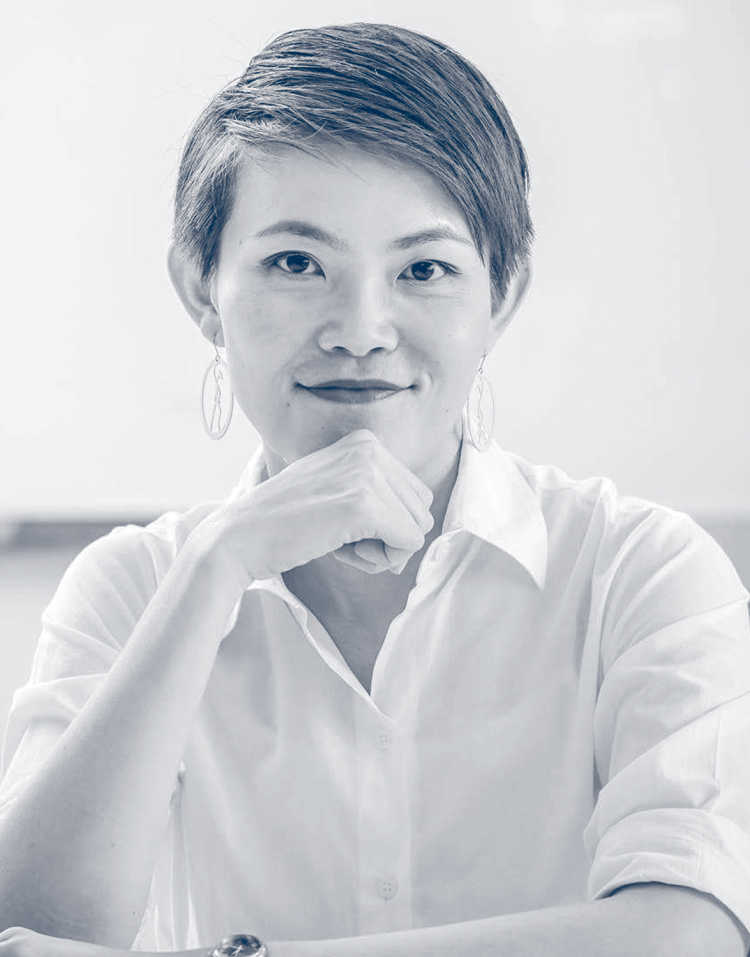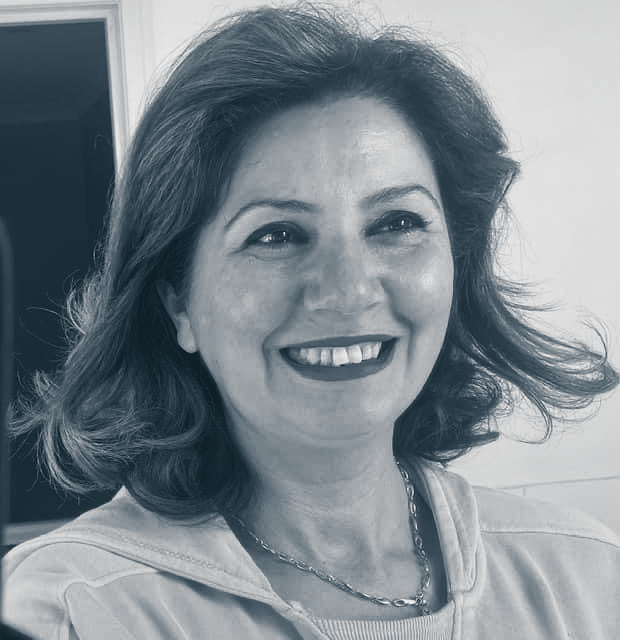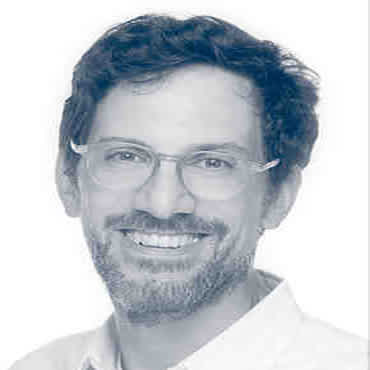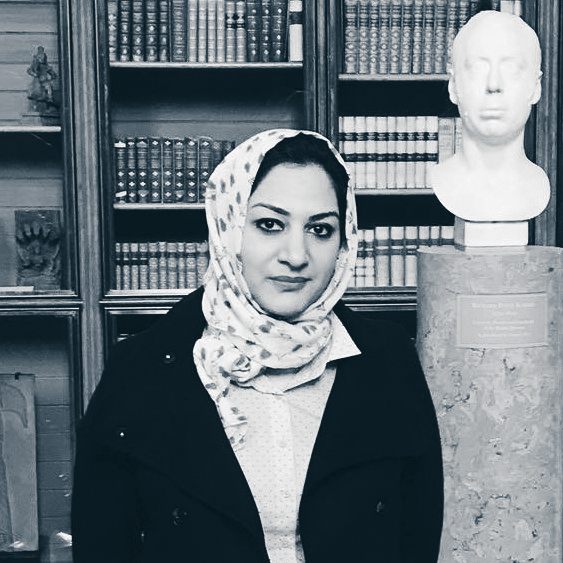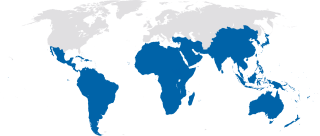
Accountability and Participation
The Accountability and Participation Research Programme undertakes comparative analyses of ongoing political processes that may foster or undermine the quality of democratic institutions and spread authoritarian politics and practices in the Global South and across the globe.
News and Highlights
Research Projects
All GIGA ProjectsResearch Teams
The Research Programme’s work is conducted in two Research Teams. The Democratic Institutions Research Team studies the functioning of political institutions and policy-making processes under strong executive leadership as well as mechanisms of vertical accountability and social participation in democratic and semi-democratic regimes. The Authoritarian Politics Research Team focuses on authoritarian regime characteristics, strategies, internal dynamics, and transformation processes. It also examines the role of authoritarian political practices in autocracies and democracies at the sub-national, the regional and global levels.
President (ad interim)
Prof. Dr. Sabine Kurtenbach is President (ad interim) of the GIGA.
Regional Institutes
Notification
Sign up to receive email notifications about GIGA activities
Social Media
Follow us

















